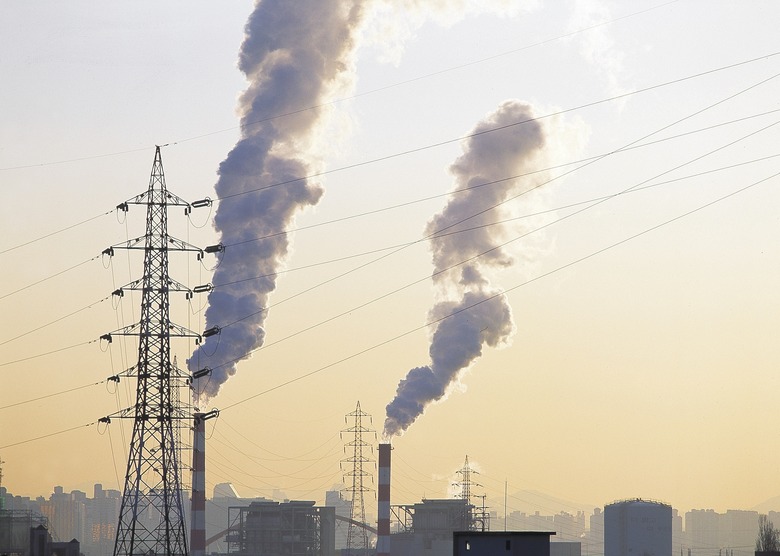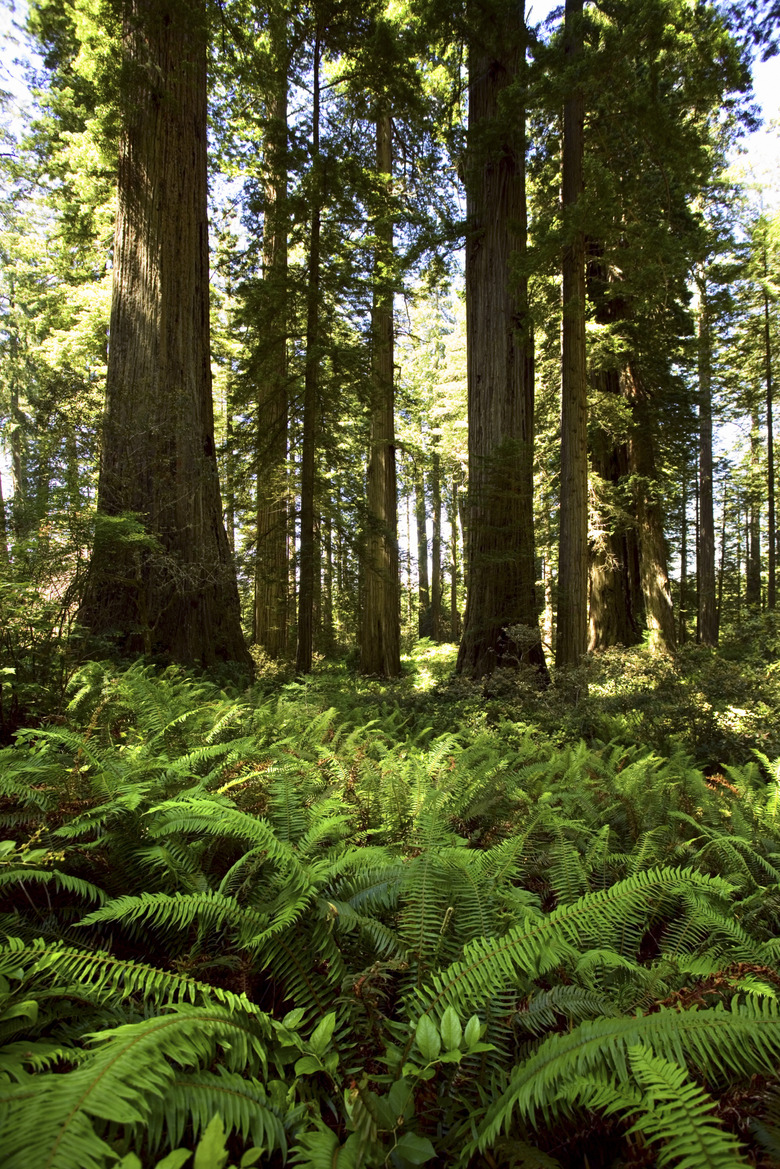How To Make A Difference With Global Warming
Global warming is the result of human activities that cause the release of carbon dioxide and other gases that trap heat in the atmosphere and cause the Earth's temperature to rise. Carbon dioxide is the most prevalent greenhouse gas, and much of it is emitted when fossil fuels are burned for energy production. According to the EPA, greenhouse gas emissions could cause the Earth's average temperature to rise by up to six degrees Fahrenheit over the next hundred years. A number of changes will reduce the carbon emissions that contribute to global warming.
Conserve Electricity
Conserve Electricity
According to the EPA, electricity consumption accounts for 34 percent of the greenhouse gas emissions in the U.S. Taking steps to reduce electricity use and thus decrease its influence on global warming can be as simple as turning off the lights and unplugging appliances when they are not in use. Replace incandescent bulbs with more energy-efficient compact fluorescent bulbs (CFLs) or light-emitting diodes (LEDs). Replace old appliances with energy-efficient appliances that have the Energy Star rating. Charge mobile devices only when necessary and always unplug them and the charger after they have been fully charged. Conserve electricity in any way possible.
Travel Wisely
Travel Wisely
The EPA lists transportation as the second largest source of greenhouse gas emissions in the U.S. Use public transportation, walk, or ride a bike to help reduce greenhouse gas emissions and mitigate global warming. Limit air travel and be mindful that travel in any fuel-powered vehicle results in greenhouse gas emissions. Hybrid and electric vehicles help reduce the use of gasoline, but production of the electricity required to charge their batteries contributes to global warming.
Be a Knowledgeable Consumer
Be a Knowledgeable Consumer
Industrial production generates approximately 20 percent of the greenhouse gas emissions in the U.S., according to the EPA. Transporting the goods made by industry creates even more emissions. Therefore, consumers interested in making a difference in global warming should buy products produced locally. Buy products made from recycled materials, because they take less energy to make than products made from raw materials. Agriculture also contributes to global warming. The production of fertilizer, use of farm equipment, and care of livestock all result in the release of carbon dioxide and other gases. Reducing meat consumption and eating organic products will help reduce greenhouse gas emissions.
Preserve Forests
Preserve Forests
In 2010, forests offset 15 percent of U.S. greenhouse gas emissions, according to the EPA. Trees and other plants absorb carbon dioxide through the process of photosynthesis, which keeps it out of the atmosphere. This process is often called carbon sequestration. Planting trees and supporting the responsible management of forests is another way to help mitigate global warming.
Cite This Article
MLA
Cairoli, Sarah. "How To Make A Difference With Global Warming" sciencing.com, https://www.sciencing.com/make-difference-global-warming-2835/. 24 April 2017.
APA
Cairoli, Sarah. (2017, April 24). How To Make A Difference With Global Warming. sciencing.com. Retrieved from https://www.sciencing.com/make-difference-global-warming-2835/
Chicago
Cairoli, Sarah. How To Make A Difference With Global Warming last modified March 24, 2022. https://www.sciencing.com/make-difference-global-warming-2835/

